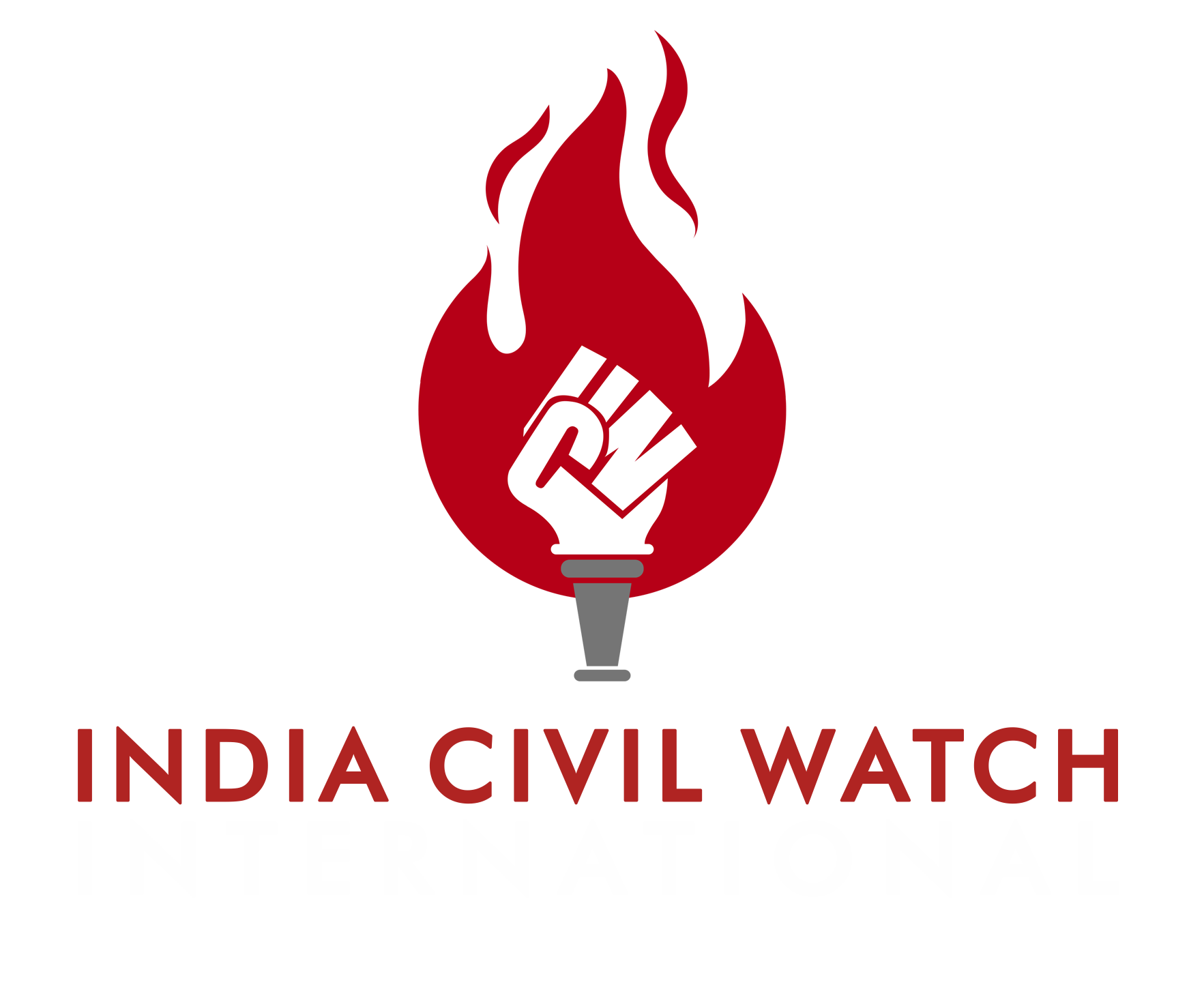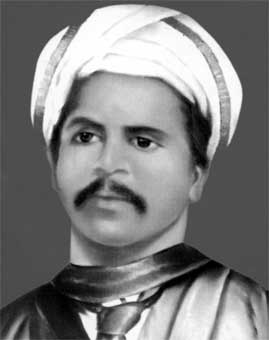“The first May Day celebration ever in India took place in Madras under the Labour Kisan Party of Singaravelu and the red flag was unfurled for the first time in India in 1923.”
Documents of the History of the Communist Party of India, Vol 2, 1923-25
It was in 1923, 99 years ago, that the first recorded celebration of May Day took place in India. It was led by the pioneering Indian communist, M. Singaravelu, who announced on May 1st, 1923, the formation of a new party called the “Labour Kisan Party of Hindustan” Despite working within the Indian National Congress, the new party manifesto was harshly critical, calling it the party of India’s elites. The manifesto of Singaravelu’s new party noted that for the INC, swaraj, meant that “the producing masses – the labourers and the poor peasants of India – are expected only to sacrifice themselves for the benefit of the rich few.” Instead of organizing and mobilizing the working masses towards revolutionary struggle, Gandhi’s INC was asking “the working classes to help the Indian nationalists, capitalists, and zamindars in overthrowing the present government and to wait for god and the good faith of the nationalist to right their wrongs.” The Manifesto also called for an end to untouchability, and in the years following the inauguration of the Communist Party of India, Singaravelu called for unifying the efforts of CP and the Self-Respect Movement led by E.V. Ramasamy Periyar. In his Presidential Address at the first conference of the Communist Party of India held in Kanpur in December 1925, Singaravelu presciently referred to religion and caste as “demons” and warned that the “Hindu sabhas, sangathans, shuddis, are merely bourgeois tactics of the leisured class.” Periyar’s paper Kudiyarasu carried many writings by Singaravelu. Further, Periyar wrote a Preface to the Communist Manifesto and published a Tamil translation of the first chapter in 1931. Much can be learned from this period of revolutionary ferment, as these two great revolutionaries and their struggles came together in solidarity, even if so much remained unresolved in the heat of their concurrent battles against foreign domination of colonial overlords and the domestic tyranny of the caste oppressors of India. Singaravelu is credited with having played a key role in bringing socialist thought into the Self-Respect movement (through his writings published in Kudiarasu as well as numerous speeches at events organized by the movement), while Periyar himself took an avid interest in socialism, traveling to the Soviet Union and advocating rationalism and scientific thought against Brahmanical superstition and casteist dogma. The Labour and Kisan Party was dissolved within two years of its formation, at the inaugural 1925 Kanpur Conference of the new Communist Party of India, and by its new Chairman, Comrade M. Singaravelu.
Without doubt so much has since happened, and one should take into serious account the shortcomings and failures of the Indian communist movement in addressing that fetid pillar of exploitation and human suffering in India – caste and Brahmanical power. But let us remember this May Day, the pioneering efforts of M. Singaravelu, who led and presided over the country’s first May Day celebration, 99 years ago, on May 1st, 1923, helping chart a path towards the Indian revolution during the darkest days of colonial tyranny!
More reading:
- Murugesan, K; Subramanyam, C.S. (1975). Singaravelu, first communist in South India. People’s Pub. House. Available from Leftword
- The Man Behind the First May Day Celebration in India, Sabrang India.
- The Hindu’s report on the first May Day celebrations
“My own ancestors had set apart a lakh of rupees for feeding the Brahmins. But when fishermen fall ill, they offer Pujas, prayers and sacrifices to their goddess…For all the prayers and preachings, their miseries have not lessened. Diseases have not spared them.”
(Presidential Address to Samadharma (Self-Respect Socialists) conference, March 4th, 1935, Mannargudi, Madras Presidency (today, Tamil Nadu)).

